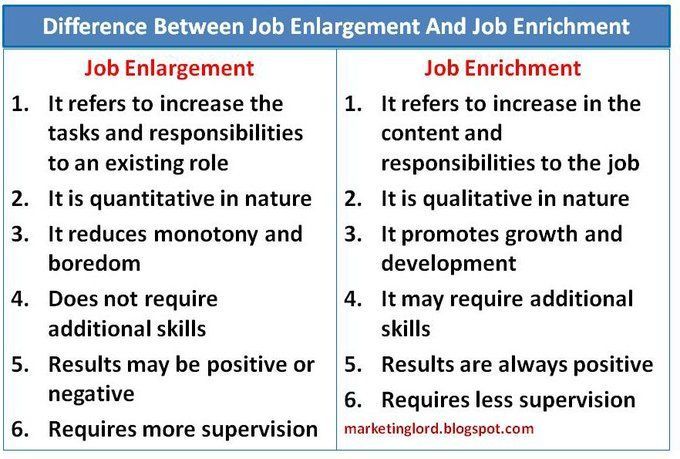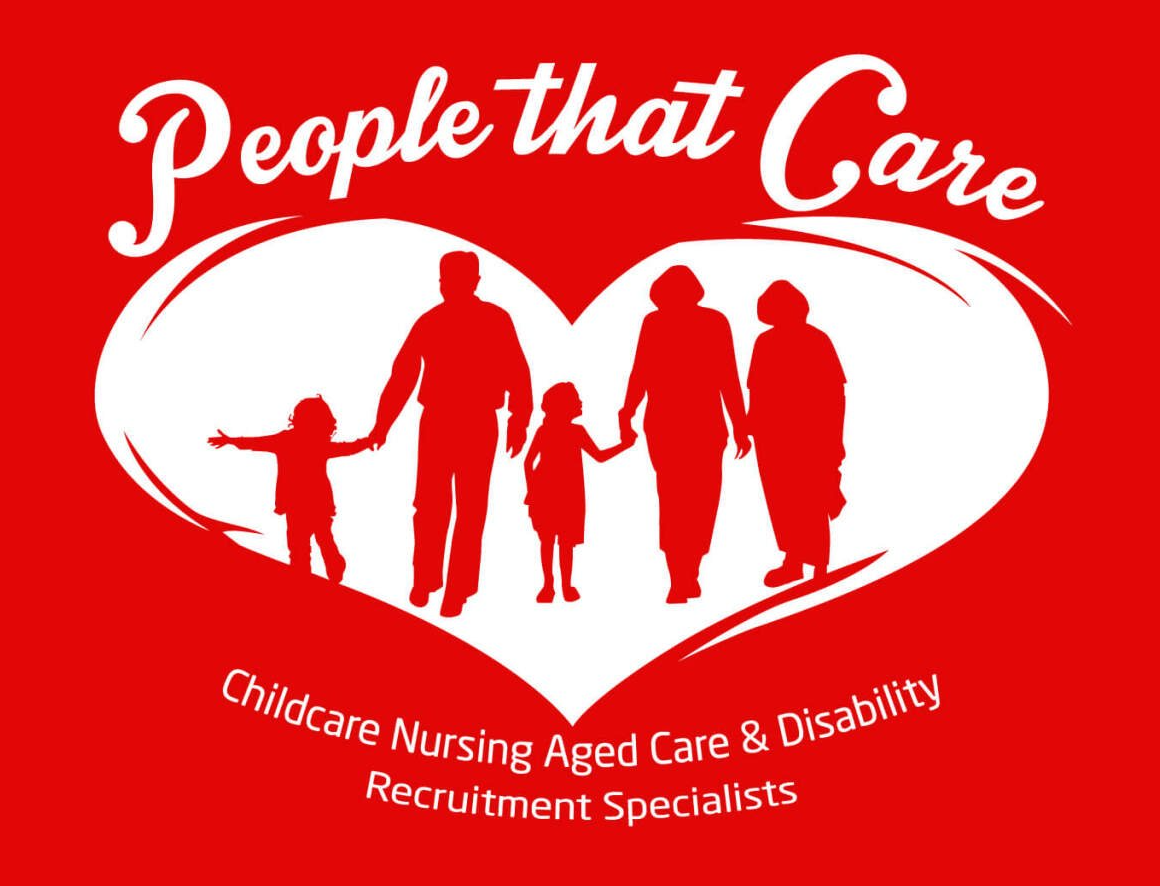Coping Skills for Anxious Job Seekers
Job searching can be stressful, even for the most confident person. It can be more challenging if you’re anxious and worried about the hiring process, as well as about when you will be hired for a new position.
If you’re unemployed, the stress can be compounded with concern about how long it’s going to take to find a new job, and how you’re going to pay the bills until you line up a new position. When you haven't had to job search or interview in a while, that can add to your stress level as well.
Note
There are many factors in a job hunt that can cause anxiety, but there are ways to reduce stress and take control.
You might never consider job searching fun, but at least you might be able to turn it into a positive experience rather than a difficult one.
The Reasons for Job Search Anxiety
“People are anxious for different reasons," said Dr. Janet Scarborough Civitelli, psychologist, career counselor, and founder of VocationVillage.com. "It helps to identify the thoughts and situations that are causing the most distress, and address them one by one.”
Some of the most common reasons for job-search anxiety, and strategies for handling them, include:
Feeling Overwhelmed
Getting overwhelmed by how big a project it seems to land a new job
Strategy: To conduct an effective job search, break the overall project into manageable tasks. Each one completed will bring you closer to the job offer that you seek.
Worrying About Uncertainty
Disliking the feeling of uncertainty about how long the job search will take
Strategy: Shift the emphasis away from the outcome and focus on the part that you can control, i.e. the specific actions you will take.
Concern About Not Getting Hired
Telling yourself scary stories ("No one will want to hire me" or "There are no good jobs")
Strategy: Find inspiration by reading success stories about people who have overcome obstacles to land employment. You can also redirect your energy toward concrete steps that increase your odds of landing a job. Two of the best activities are meeting new people and developing new professional skills.
Tips for Managing Job Hunting Anxiety
Take Care of the Details First
Another way to alleviate some of the stress involved in job hunting is to take care of everything that needs to be done in a timely manner.
- Apply for Unemployment: If you’ve been laid off, apply for unemployment.
- Learn About Your Benefits: Know what will happen to your employee benefits when you move on. When you have a 401(k) to roll over, review your options for handling it. Once you’ve checked it off your list, it’s one less thing to worry about.
- Write a Resume: Create a basic resume and cover letter that you can customize each time you apply for a job.
- Update LinkedIn: Review your LinkedIn profile and give it a makeover if it needs one.
- Get References: Line up some references who will attest to your skills and qualifications.
Get Organized
Your search will be less stressful if you organize it and treat it like a job. If you’re out of work, consider it your full-time job. If you’re employed, schedule part-time hours to spend job hunting. Choose one of these easy ways to organize your job search, and keep track of your applications, networking outreach, and the career events you’re planning to attend.
When you have a plan in place, it will help minimize the anxiety because you’ll be keeping track of what you’ve done and what you need to do next. You won’t have to think about the task until it’s time to handle it.
Focus on Company Fit
Remember that your job search isn't just about the company hiring you. It’s also about whether the employer is the best fit for the next step on your career ladder.
That’s as important for you as it is for the company, and if you feel like it’s not the right job for you, you can politely decline if you get an offer. If it’s earlier in the process, another option is to withdraw your application.
When you find a job that's a good fit, the process can be more exciting than stressful—especially if you get the offer!
Practice and Prepare
Spend some time job hunting, even when you’re happy in your current position and you don’t have to. With this approach, you’ll keep your resume up-to-date, your interview skills polished, and your confidence level high.
Note
The more you practice, the more comfortable you’ll be during an interview. Knowing what type of position you’re seeking, and being able to articulate why you’re qualified for the role, will help you ace the interview.
Write an Elevator Pitch: Create an elevator pitch that describes who you are and what you have to offer. Practice saying it in front of a family member, make a video of yourself to see how you did, or say it in front of a mirror. The more comfortable you are talking about yourself, the more confident you’ll feel during the interview.
Apply For a Job (or Two): If you see an interesting job, apply for it. It’s good practice, and it may be a better opportunity than you expected. You’ll be less anxious if you’re going after a role that isn’t your dream job, and you’ll be more prepared when that perfect position comes along. And you never know—that job you weren’t that excited about could be your next terrific career move.
Learn About the Company: Spend time researching the company, so you’re informed about the company’s products, people, mission, and objectives. The more you know, the easier it will be to have a conversation with the interviewer.
Practice Answering Interview Questions: Practice responding to the most common interview questions employers ask, and have a few questions of your own ready.
Get an Interview Outfit Ready: Take time to try on what you’re going to wear, and get it ready the evening before your interview. That will save you from stressing over last-minute attire decisions.
Know How the Job Search Process Works
Don’t expect to find a new job overnight, though that can happen. For most job seekers, it’s a process, not a one-shot deal. You might not get the first position you apply for, but that most likely means that it wasn’t the job for you. There will be plenty of other positions to consider.
Even though it sounds like it might create more anxiety, it can be helpful if you have a lot going on. When you’re busy sending out resumes, networking, attending career events, and interviewing, you’ll have less time to obsess about every little detail.
Note
Don’t count on one single opportunity. The more jobs you are pursuing, the more chances you’ll have to make the best impression and get an offer. Don’t stop applying until you’ve committed to a new job.
Know When to Take a Break
Thanks to smartphones and the internet, it’s almost too easy to stay connected. But, it’s vitally important not to spend every waking hour focused on how you’re going to get hired for your next job.
The more you think about it, the higher your anxiety level will be. Instead, stick to your schedule and take breaks.
Note
Exercise, yoga, reading a book, walking your dog, turning off your computer, and ignoring your phone when you’re not in job-hunting mode can help reduce anxiety.
“You will find a job. It may take longer than you'd hope, but you'll find something," said Erin Kennedy, president of Professional Resume Services. "It sometimes takes companies time during the vetting and interviewing process. Patience isn't easy when you are out of a job, but perhaps go for a 30-minute walk every day, try yoga (you can do a class on YouTube or online for free!), call a friend, or clean out the drawer/closet/room you've been meaning to get to. Feeling productive while unemployed really helps.”
Get Support and Assistance
One of the best ways to reduce your anxiety is to talk with others. You may be surprised to learn that almost everyone you know has been in this position at one time or another. You can get some words of wisdom and support if you share your anxiousness with a career support group, friends, or family.
If your anxiety is overwhelming, remember that you’re not the first person who is having a difficult time. A career coach or counselor can help you focus on your goals, get your resume and cover letter in order, target your job search, and help you with coping skills for interview stress. If you need more help, your career counselor or primary care physicianc an likely provide a referral to a therapist who can assist.
Consider it an Opportunity
One of the best ways to look at a job search from a positive perspective is to consider your job search an opportunity to pursue the next stage of your career, rather than as an ordeal you have to struggle through.
“Your career is about more than one opportunity, interview, or company," said Jonathan Carter, organizer of Leap2HR, a LinkedIn group for new and transitioning HR professionals. "So stop worrying about 'landing the right one,' and just embrace the opportunity for change. Meet people. Explore different organizations. Look outside of the places you'd expect to find your next role. Don't focus on changing your job. Focus on changing your life for the better—and the job will come.”
Source: https://www.thebalancemoney.com/coping-skills-for-anxious-job-seekers-4589454


People That Care Australia does not receive any funding to operate its business. All profits are used to improve the service we offer to Jobseekers.
USEFUL LINKS
FOLLOW US
STAY INFORMED
You need a helping hand with your project?
We will get back to you as soon as possible
Please try again later
CONTACT US
Contact Us
We will get back to you as soon as possible.
Please try again later.
All Rights Reserved | People That Care Australia
Made with 💛 by Shazamme
